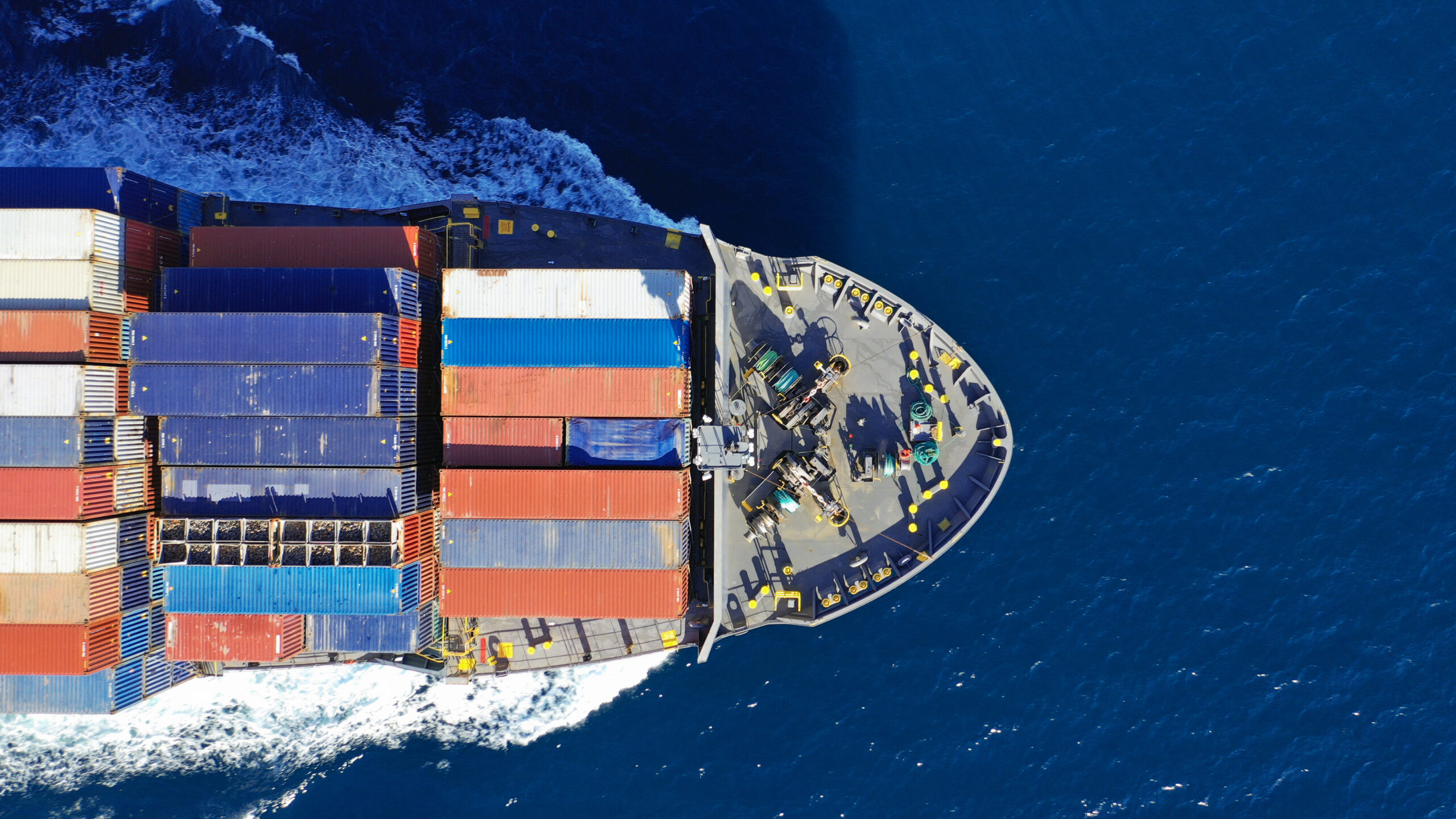
Products
Paratus & Partners provides energy price risk insurance policies to clients in the renewable, aviation, maritime and freight sectors.
Insurance policies that are innovative, client-specific and commercially viable.
We understand that adverse energy price volatility poses significant challenges for the maritime, aviation and renewable power industries. At Paratus & Partners we combine deep sector expertise with innovative, client-focused risk-transfer solutions.
As a trusted partner, we work closely with our clients to design optimal risk-transfer strategies that are designed to protect margins, ensure competitiveness and provide confidence to navigate uncertain markets.
-

Renewable Power Insurance
Renewable policies are deigned to shield consumers and producers from unfavorable power price fluctuations, which can impact cash flow, balance sheets, and asset valuations.
We provide comparative insights on PPAs and renewable power insurance solutions to help clients evaluate how insurance can support their broader risk management objectives. -

Jet Fuel Insurance
Aviation policies are designed to safeguard against rising jet fuel prices, whilst policyholders can benefit from a decline in fuel prices.
We work with hedged and unhedged airlines to provide analysis that compares existing strategies with jet fuel price insurance. Insurance could mitigate the substantial, and at times existential, financial risks associated with existing strategies. -

Marine Fuel Insurance
Maritime policies are designed to protect against fuel price increases and stabilise fuel costs for fleet operators and ship owners.
The marine fuel policy reduces fuel price exposure without the risks or hidden costs of traditional hedging. We offer comparative analysis to help clients evaluate maritime insurance products vs. fuel hedging. -

Freight Rate Insurance
Freight rate policies are designed to reduce the impact of adverse freight rate movements on the revenues and costs of shipowners/charterers to protect margins.
Numerous factors influence freight rates, including fuel prices, geopolitical uncertainty, sanctions, natural disasters, and distribution bottlenecks.